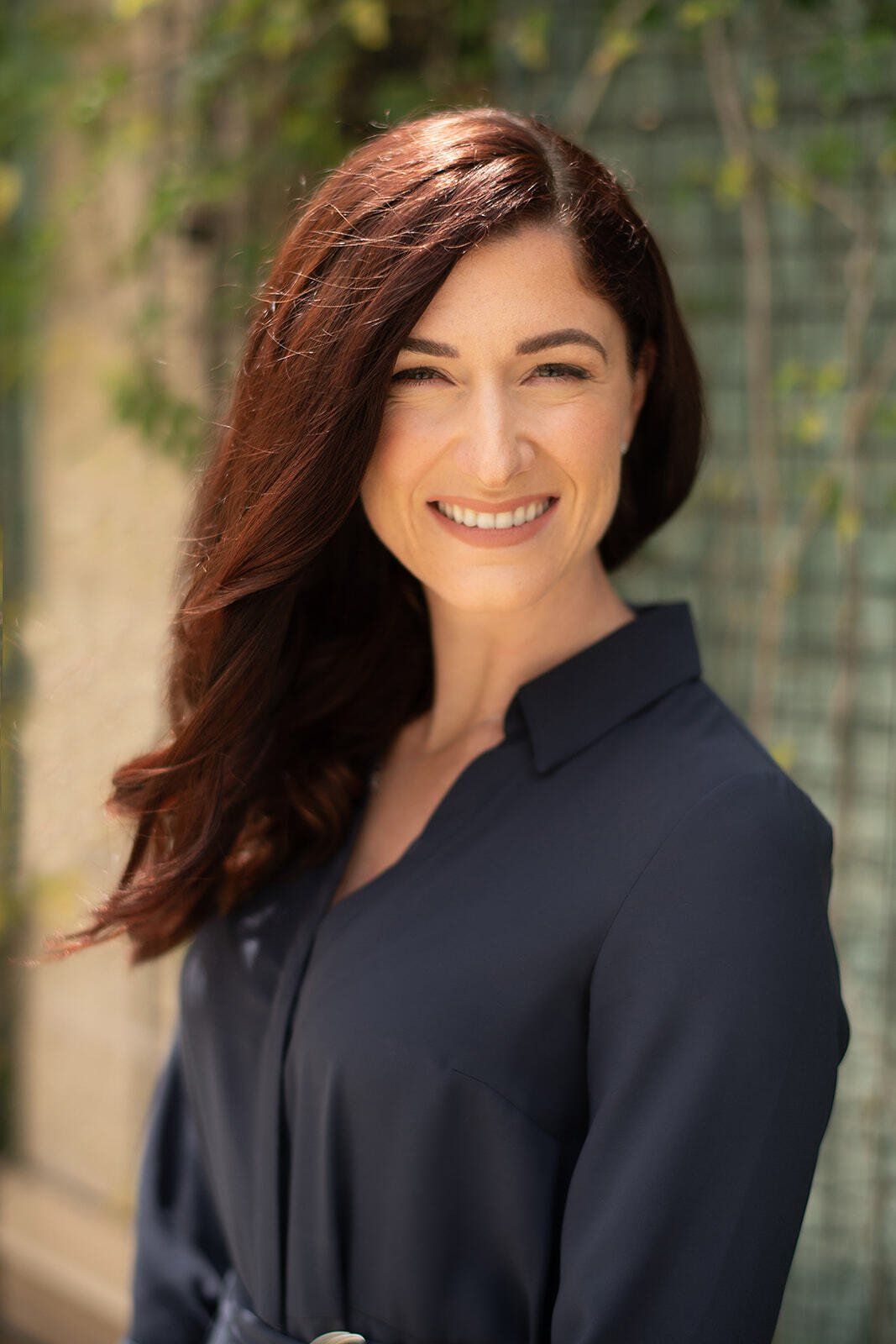Establishing New Credit
If you’re new to managing personal finance and you want to learn about credit, you’ve come to the right place. Establishing new credit is a bit of a catch-22. To build a credit history, you need credit. But it’s hard to get credit without having a credit history. So, where do you start?
Well, the first thing you should know is that building credit takes time. It’s not something that happens overnight. If you’re looking to secure mortgage financing, you will want to have a minimum of two trade lines (credit cards, loans, or lines of credit) with a minimum limit of $2500, reporting for at least two years.
If you don’t have any credit yet, the best time to get started is right now. However, that may be difficult because, as we've already identified, without a credit history, most lenders won’t feel confident about taking a chance on you. What’s the solution? Consider a secured credit card.
With a secured credit card, you make a deposit upfront that matches the amount you want to borrow. A reasonable amount would be $1000 deposited on a single secured credit card. You then use your secured credit card to make household purchases and regular utility payments, paying off the total balance each month. If you default on the money borrowed for whatever reason, the lender will retain the money you put up as collateral.
When looking for a secured credit card, be sure to ask whether they report to the two nationwide credit bureaus, Equifax and TransUnion. If the credit card company doesn't report, the credit card account will be useless for your purposes; move on until you find a company that reports to both credit bureaus.
Once your secured credit card begins reporting to the credit bureaus, you begin to have a credit score; usually, this takes about three months. Now you can start to seek out a second trade line in the form of an unsecured credit card. Don’t forget to ensure that this card reports to both of the credit reporting agencies. Another option at this point could be a car loan. From here, you simply want to make all your payments on time!
But what happens if you’re looking to secure mortgage financing before you have a fully established credit report?
Well, if you have someone who would consider co-signing, you can certainly go that route. The mortgage application will depend on their income and credit report, but your name will be on the mortgage. Hopefully, when the mortgage is up for renewal, you’ll have the established credit required to remove them from the mortgage and qualify on your own.
Although establishing credit takes a minimum of two years, it really begins with putting together a plan. If you’d like to discuss anything credit or mortgage-related, please get in touch!
Recent Posts





